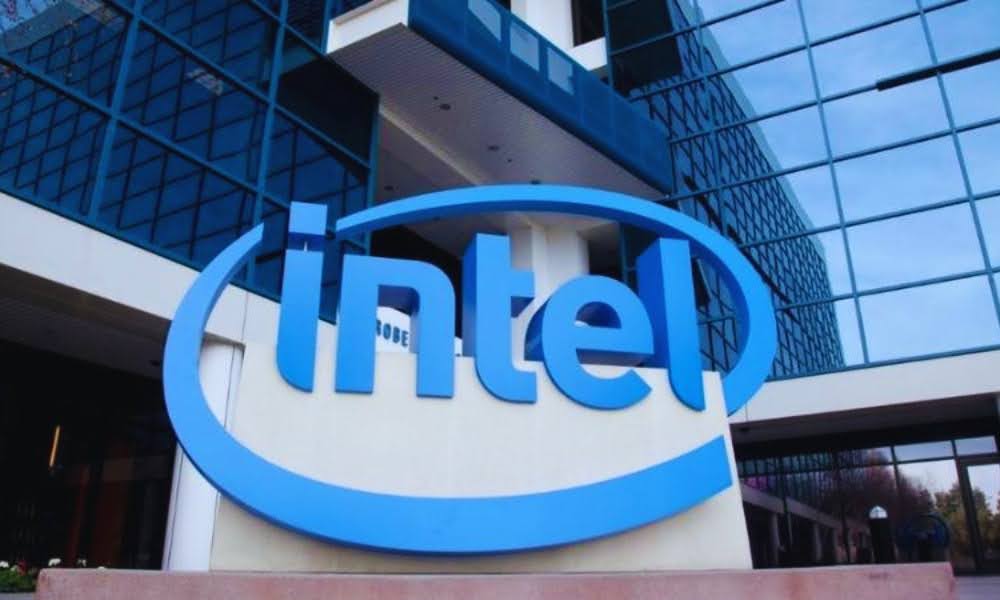Waaree Energies Shares Drop 8% as Anchor Lock-In Expiry Sparks Trading Surge

As President Donald Trump commences his second term, stock market analysts predict significant shifts in the energy sector.
With expectations of policy changes, the Trump administration appears poised to weaken the Inflation Reduction Act (IRA), a landmark climate law enacted in August 2022 under President Biden.
The IRA, designed to accelerate clean energy adoption through tax benefits, grants, and loans, faces potential rollbacks.
Additionally, the administration’s withdrawal from the Paris Agreement is anticipated to disrupt energy supply chains, with increased oil and gas drilling likely to halt offshore wind power development.
Policy Impacts on Clean Energy and Trade
The Trump administration is expected to impose a 10% tariff on all U.S. imports and a 60% tariff on goods from China.
UBS analysts note that if President Trump’s policy agenda is fully implemented, it could have far-reaching macroeconomic effects. However, financial and political constraints may limit the scope of enacted policies.
“The President may escalate to de-escalate,” UBS remarked, suggesting some proposals could serve as negotiating strategies.
Solar Industry Under Scrutiny
The administration may revive higher tariffs on solar panels and expand these to include inverters and batteries.
Southeast Asian countries like Vietnam, Malaysia, and Thailand, which dominate U.S. solar imports, could also face tariffs. Analysts warn that such measures could hinder U.S. solar capacity expansion and adversely impact Indian solar module exports.
Without changes to the IRA but with increased tariffs, Indian exports might become less competitive, raising module prices in the U.S.
“This scenario benefits Indian companies establishing facilities in the U.S., such as Waaree Energies and Premier Energies, as higher U.S. module prices favor their U.S. plants,” according to Axis Securities.
Industrial Metals and Domestic Manufacturing
Canada and Mexico, key suppliers of steel and aluminum to the U.S., could face increased duties under Trump’s policies.
This would elevate U.S. steel and aluminum prices compared to global markets, potentially diverting exports to other countries and pressuring prices elsewhere.
Axis Securities emphasizes the importance of assessing individual metals in relation to broader supply-demand dynamics, preferring aluminum over steel stocks due to stronger spot prices.
Increased drilling along U.S. coasts and federal lands could benefit companies like Welspun Corp, particularly in the pipeline manufacturing sector.
However, experts like Arindam Mandal of Marcellus believe the eventual impact of these policies might be less severe than initially feared, with outcomes tempered by measured actions.
China-U.S. Trade Tensions
UBS forecasts a rise in effective tariff rates on Chinese goods to 25-30%, up from 10% currently.
The administration is also expected to implement protective measures for technological interests, restrict transshipments, and impose tariffs on EU automobiles and pharmaceuticals.
China could retaliate with reciprocal tariffs, currency devaluation, or restrictions on critical mineral exports.
A worst-case scenario might involve universal tariffs on all U.S. imports, particularly high rates on Chinese goods, and sustained tariffs on Mexico and Canada.
Waaree Energies Faces Market Challenges
Shares of Waaree Energies, a leading Indian solar module manufacturer, experienced a significant drop after the end of its three-month shareholding lock-in period.
Approximately 1% of the company’s equity, amounting to 40 lakh shares, became eligible for trade, triggering market pressure.
Despite this, Waaree remains a key player in the renewable energy sector, recently securing a 180 MWp solar photovoltaic module supply contract for domestic renewable energy projects.
Analysts remain optimistic about Waaree’s U.S. ventures, as its facilities benefit from higher module prices driven by U.S. tariffs.
The company’s IPO in October 2024 marked a significant milestone, with shares listing at a 70% premium and achieving a market capitalization of ₹71,017.84 crore as of January 2025.
Renewable Energy Amid Policy Uncertainty
The Trump administration’s policies signal challenges and opportunities for the renewable energy sector.
While increased tariffs and reduced IRA incentives may slow solar adoption, they also provide incentives for domestic manufacturing.
Waaree Energies’ strategic investments in U.S. facilities highlight how companies can adapt to evolving market dynamics, even amid regulatory uncertainty.








